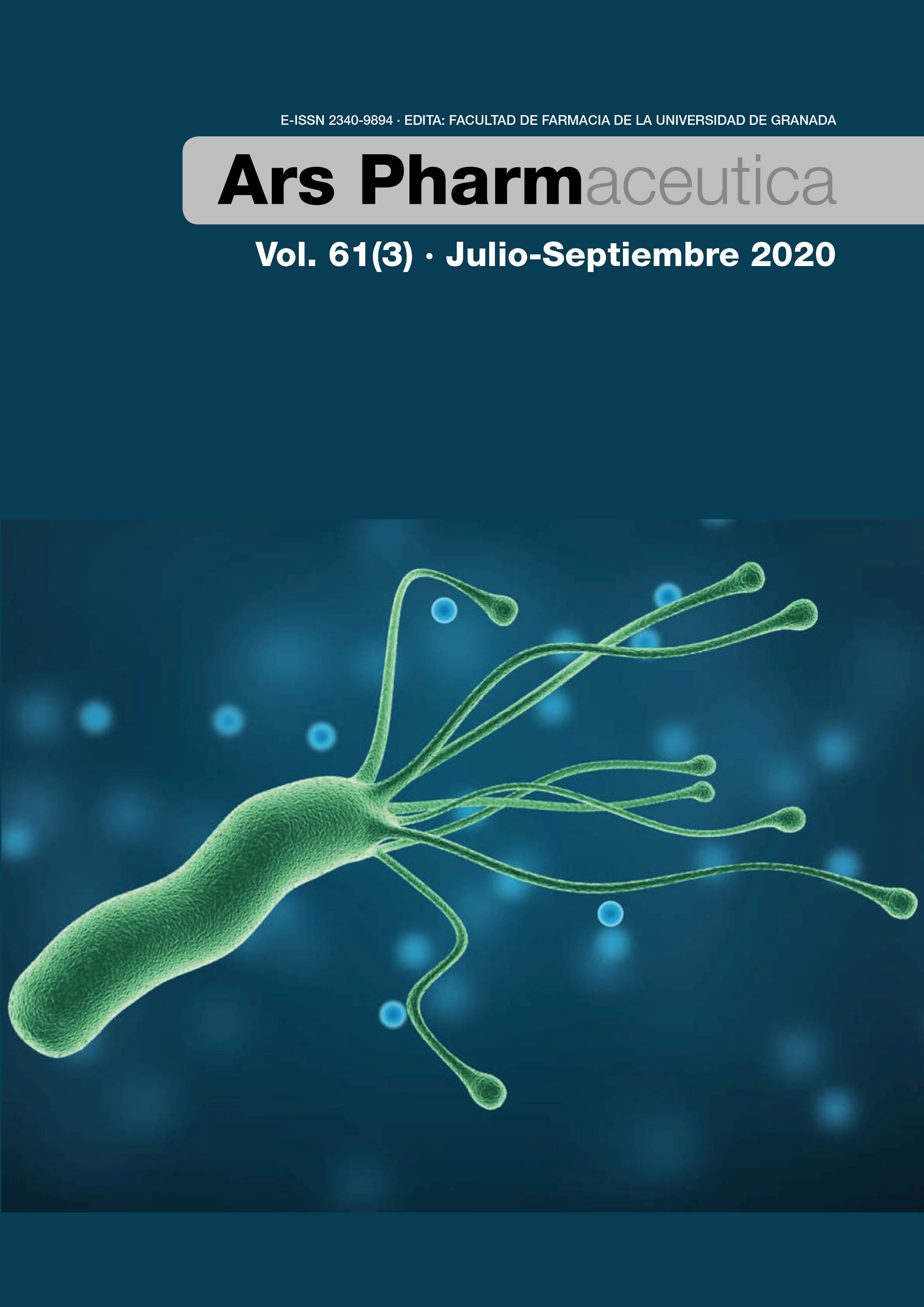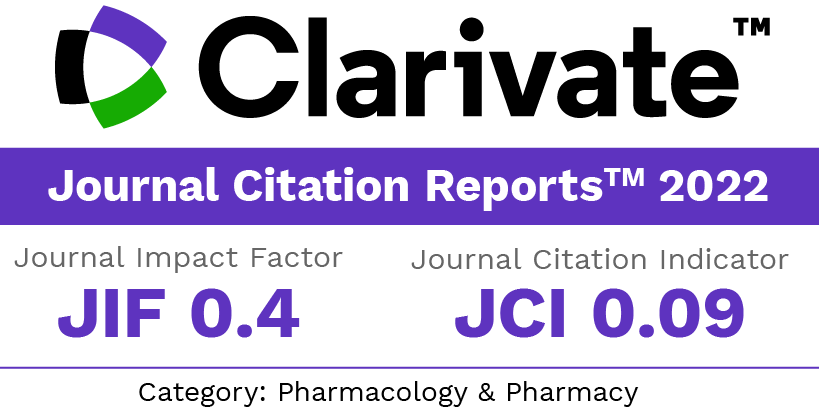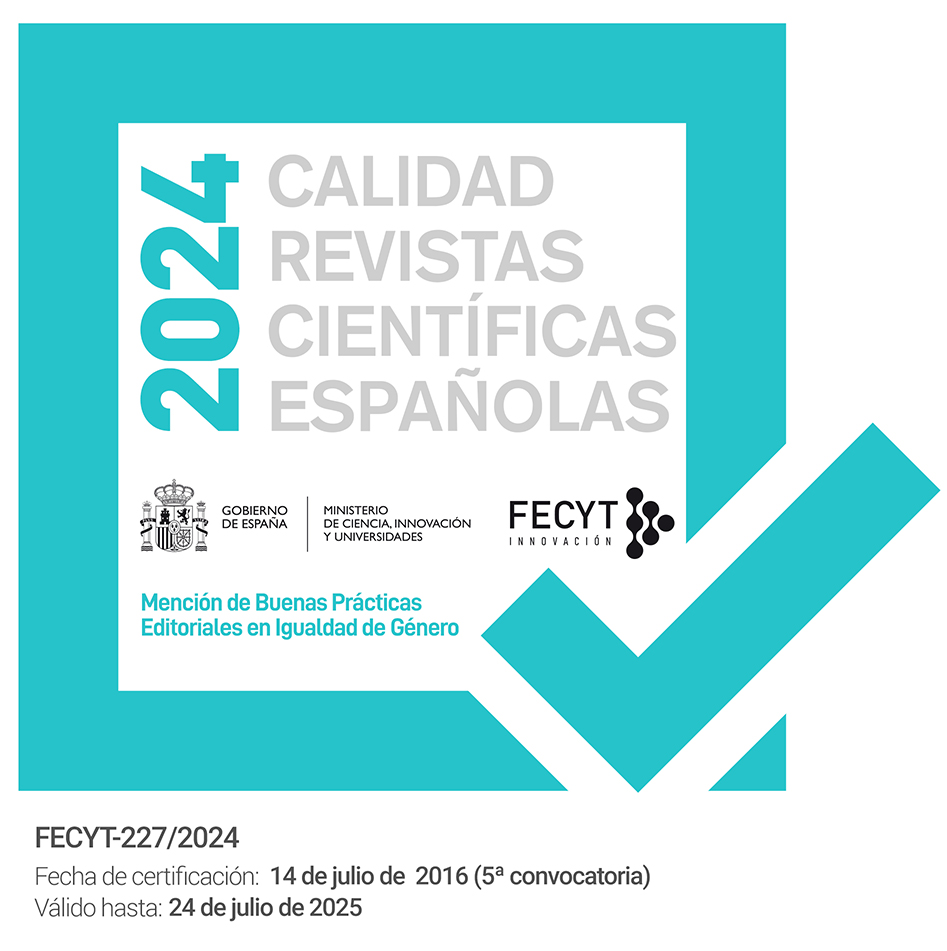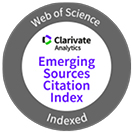Measurement of the patient´s knowledge about his antidiabetic medication: systematic review
DOI:
https://doi.org/10.30827/ars.v61i3.13648Keywords:
Patient Medication Knowledge, Type 2 Diabetes Mellitus, Health Knowledge, Attitudes, Practice, Educational MeasurementAbstract
Introduction: The patient’s knowledge about the antidiabetic medication (PKAM) influences medicationadherence. That is why it is necessary to quantify it.Aim: The aim of the study was to identify the different ways in which PKAM has been measured.
Method: A systematic review was carried out in the Medline, Scopus, Cinahl and Psycinfo databases.The PRISMA recommendations were used to perform this review.
Results: 3 articles were included. Two of them used questionnaires to measure PKAM and the other useda practical demonstration by the patient.
Conclusions: None of the PKAM measurement methods provided validity and reliability data. It is necessaryto define the PKAM agreed at an international level and design a valid and reliable measurementtool based on this definition.
Downloads
References
Cho NH, Shaw JE, Karuranga S, Huang Y, da Rocha Fernandes JD, Ohlrogge AW, et al. IDF Diabetes Atlas: Global estimates of diabetes prevalence for 2017 and projections for 2045. Diabetes Res Clin Pract. abril de 2018;138:271-81. DOI:10.1016/j.diabres.2018.02.023
Las 10 principales causas de defunción OMS [Internet]. [citado 29 de enero de 2020]. Disponible en: https://www.who.int/es/news-room/fact-sheets/detail/the-top-10-causes-of-death
Capoccia K, Odegard PS, Letassy N. Medication Adherence With Diabetes Medication: A Systematic Review of the Literature. Diabetes Educ. febrero de 2016;42(1):34-71. DOI:10.1177/0145721715619038
Jaam M, Ibrahim MIM, Kheir N, Awaisu A. Factors associated with medication adherence among patients with diabetes in the Middle East and North Africa region: A systematic mixed studies review. Diabetes Res Clin Pract. julio de 2017;129:1-15. DOI:10.1016/j.diabres.2017.04.015
Graumlich JF, Wang H, Madison A, Wolf MS, Kaiser D, Dahal K, et al. Effects of a Patient-Provider, Collaborative, Medication-Planning Tool: A Randomized, Controlled Trial. J Diabetes Res. 2016;2016:1-16. DOI:10.1155/2016/2129838
Sakai R, Hashimoto Y, Ushigome E, Okamura T, Hamaguchi M, Yamazaki M, et al. Understanding of antidiabetic medication is associated with blood glucose in patients with type 2 diabetes: At baseline date of the KAMOGAWA-DM cohort study. J Diabetes Investig. marzo de 2019;10(2):458-65. DOI:10.1111/jdi.12916
Liberati A, Altman DG, Tetzlaff J, Mulrow C, Gotzsche PC, Ioannidis JPA, et al. The PRISMA statement for reporting systematic reviews and meta-analyses of studies that evaluate healthcare interventions: explanation and elaboration. BMJ. 4 de diciembre de 2009;339(jul21 1):b2700-b2700. DOI:10.1136/bmj.b2700
McPherson ML, Smith SW, Powers A, Zuckerman IH. Association between diabetes patients’ knowledge about medications and their blood glucose control. Res Soc Adm Pharm. marzo de 2008;4(1):37-45. DOI:10.1016/j.sapharm.2007.01.002
Sweileh WM, Zyoud SH, Abu Nab’a RJ, Deleq MI, Enaia MI, Nassar SM, et al. Influence of patients’ disease knowledge and beliefs about medicines on medication adherence: findings from a cross-sectional survey among patients with type 2 diabetes mellitus in Palestine. BMC Public Health. 30 de enero de 2014;14:94. DOI:10.1186/1471-2458-14-94
Mugomeri E, Ramathebane MV, Maja L, Chatanga P, Moletsane L. Knowledge of disease condition and medications among hypertension patients in Lesotho. J Am Soc Hypertens. enero de 2016;10(1):41-6. DOI:10.1016/j.jash.2015.10.009
McNaughton CD, Jacobson TA, Kripalani S. Low literacy is associated with uncontrolled blood pressure in primary care patients with hypertension and heart disease. Patient Educ Couns. agosto de 2014;96(2):165-70. DOI:10.1016/j.pec.2014.05.007
Chan AHY, Cooper V, Lycett H, Horne R. Practical Barriers to Medication Adherence: What Do Current Self- or Observer-Reported Instruments Assess?. Front Pharmacol. 13 de mayo de 2020;11:572. DOI:10.3389/fphar.2020.00572
Published
How to Cite
Issue
Section
License
The articles, which are published in this journal, are subject to the following terms in relation to the rights of patrimonial or exploitation:
- The authors will keep their copyright and guarantee to the journal the right of first publication of their work, which will be distributed with a Creative Commons BY-NC-SA 4.0 license that allows third parties to reuse the work whenever its author, quote the original source and do not make commercial use of it.
b. The authors may adopt other non-exclusive licensing agreements for the distribution of the published version of the work (e.g., deposit it in an institutional telematic file or publish it in a monographic volume) provided that the original source of its publication is indicated.
c. Authors are allowed and advised to disseminate their work through the Internet (e.g. in institutional repositories or on their website) before and during the submission process, which can produce interesting exchanges and increase citations of the published work. (See The effect of open access).























